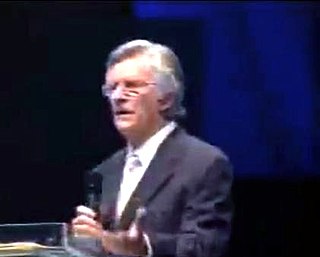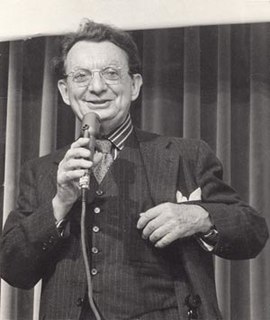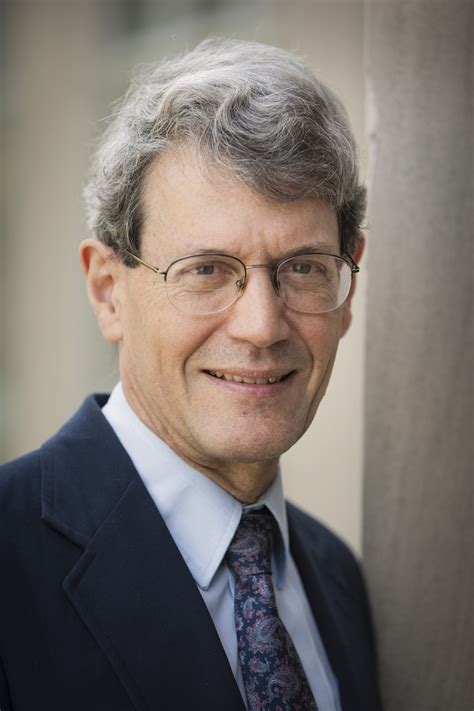A Quote by David Wilkerson
Related Quotes
Victor Serge died in exile and obscurity, apparently no more than a splinter of a splinter in the Marxist movement. But with the passage of the years, he looms up as one of the great moral figures of our time, an artist of such integrity and a revolutionary of such purity as to overshadow those who achieved fame and power. His failure was his success. I know of no participant in Russia's revolution and Spain's agonies who more deserves the attention of our concerned youth.
In the first place, the government ought not to be invested with power to control the affections, any more than the consciences of citizens. A man has at least as good a right to choose his wife, as he has to choose his religion. His taste may not suit his neighbors; but so long as his deportment is correct, they have no right to interfere with his concerns.
Sanctification means the impartation of the Holy qualities of Jesus Christ. It is His patience, His love, His holiness, His faith, His purity, His godliness, that is manifested in and through every sanctified soul. Sanctification is not drawing from Jesus the power to be holy; it is drawing from Jesus the holiness that was manifested in Him, and He manifests it in me.
The villager, born humbly and bred hard,
Content his wealth, and poverty his guard,
In action simply just, in conscience clear,
By guilt untainted, undisturb'd by fear,
His means but scanty, and his wants but few,
Labor his business, and his pleasure too,
Enjoys more comforts in a single hour
Than ages give the wretch condemn'd to power.
Again, the glory of one attribute is more seen in one work than in another: in some things there is more of His goodness, in other things more of His wisdom is seen, and in others more of His power. But in the work of redemption all His perfections and excellencies shine forth in their greatest glory.
When we obey the commandments of the Lord and serve His children unselfishly, the natural consequence is power from God—power to do more than we can do by ourselves. Our insights, our talents, our abilities are expanded because we receive strength and power from the Lord. His power is a fundamental component to establishing a home filled with peace.
The ordinary man is living a very abnormal life, because his values are upside down. Money is more important than meditation; logic is more important than love; mind is more important than heart; power over others is more important than power over one's own being. Mundane things are more important than finding some treasures which death cannot destroy.
Socrates was the chief saint of the Stoics throughout their history ; his attitude at the time of his trial, his refusal to escape, his calmness in the face of death , and his contention that the perpetrator of injustice injures himself more than his victim, all fitted in perfectly with Stoic teaching. So did his indifference to heat and cold, his plainness in matters of food and dress, and his complete independence of all bodily comforts.
When later he [St. Joseph] carried the Child in his arms, acts of loving faith welled up constantly in his heart. It was a worship that pleased our Lord more than that which he receives in heaven. Picture to yourself Saint Joseph, adoring the little Child in his arms as his God. He tells of his readiness to die for Christ, of all his plans to promote Christ's glory, and to win more souls to his love. No lover builds more scintillating plans for his loved one than a saint.
Communion with God as we hear his voice is rich. We receive his meanings; we submit to his authority; we grow by his power that is at work in our lives through his words; and we experience the glory of his personal presence as we hear him. These aspects go together, though we may sometimes be more conscious of one aspect.





































